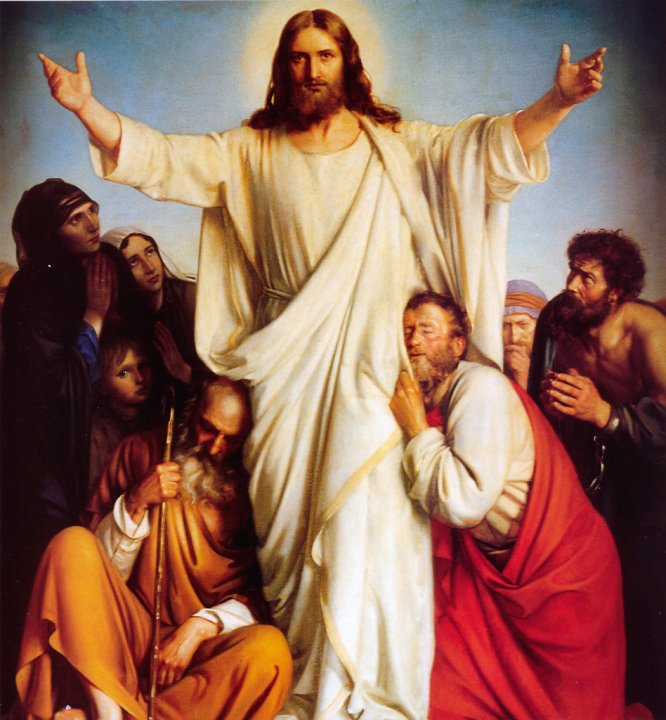5th SUNDAY OF EASTER-B
I
Reading: Acts 9:26-31: Paul begins to preach but arouses hostility and has to
leave Jerusalem.
II
Reading: 1Jn 3:18-24: St John says that if we keep his commandments the Lord
will answer our prayers.
Gospel: John 15:1-8: Whoever remains in me, with me in him, bear
fruit in plenty
The
purpose of God’s creation was to share God’s life and joy in heaven as well as
on the earth. The first parents lost God’s life and joy by disobeying his
commandments but God sent his Son to restore that life and joy which was lost
or destroyed by sin of disobedience. God pruned Jesus Christ by the Word of God
or Scriptures, passion, death and finally could bear much fruits rising from
the dead and gave us the eternal life, joy and peace. Paul was pruned by the
voice of the Risen Christ and converted and proclaimed the Good News to the
people.
Today
we can be pruned by the Word of God, prayers, faith, conversion, taking part in
the Eucharist, sacrifice, service, doing good and bringing justice, equality,
dignity, hearing and listening and obeying to the Word of God and his
commandments and can produce much fruits of the Holy spirit. We can be called
the children of God by obedience to his commandments and loving God and loving
our neighbours as ourselves.
The Relationship of Jesus to the People of the World, Jn 15:1-8
Jesus
was facing the most terrible scene in all human history. All most all rejected
him including his own disciple Judas betrayed him, Peter denied him three times
and other disciples were to flee and desert him. Now Jesus teaches us how to have a good relationship
with God, Jesus and the world. In this passage Jesus saw a graphic lesson that
the disciples needed to learn, the great lesson of “The Vine and the
Branches”-the relationship of Jesus to the people of the world.
1.
Jesus, the Vine; God, the Vinedresser; and man, the branch (v.1)
2.
Unfruitful branches: Are taken away (v.2)
3.
Fruitful branches (v.2-4)
a.
Are pruned
b.
The purpose for pruning
c.
How branches are pruned
1) By the Word
2) By abiding, remaining
4.
Unattached Branches (v.4-6)
a.
Are by themselves: Not abiding or remaining, not attached
b.
Cannot bear fruit
c.
Do not understand the nature of bearing fruit in life: Can do nothing apart
from Christ
d.
Are doomed, gathered, thrown away, burned
5.
Attached branches: Results and Promises (v.7-8)
a.
Receive nourishment-answered prayers
b.
Glorify God
c.
Prove their attachment-discipleship
Thought:
Bearing fruit means:
# righteousness
(Rom 6:22, Phil 1:11, Col 1:10)
# godly
character (Gal 5:22-23): the fruit of the Spirit is love, joy, peace, patience,
kindness, goodness, faithfulness, gentleness and self-control. Against such
things there is no law.
# converts (Rom
1:13): to turn their heart, mind and all works to God
Thought: Jesus
Christ loves us because we God’s children, brothers and sisters, the household
and family of God. He also loves us because we believe God, we earnestly seek
God, we obey his commands and we deny self, take up our cross and die daily in
order to follow Jesus (Lk 9:23).
